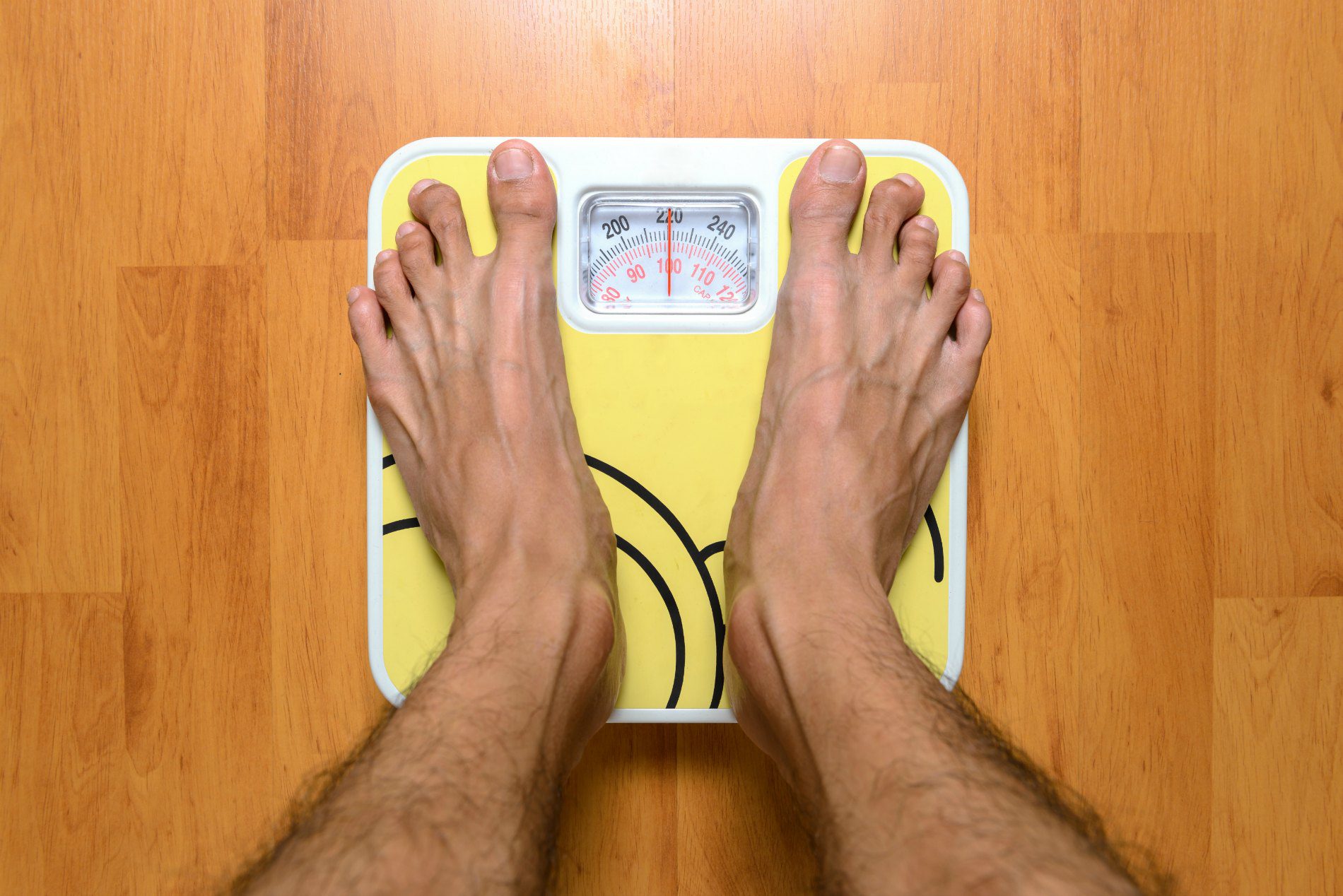 In the U.S. we largely view weight as an issue of appearance. Either you are in magazine cover shape or you aren’t. But the concerns about weight are more significant than whether you look good in a swimsuit.
In the U.S. we largely view weight as an issue of appearance. Either you are in magazine cover shape or you aren’t. But the concerns about weight are more significant than whether you look good in a swimsuit.
We already know that excess body weight can increase risks for diabetes, hypertension, and other chronic diseases. Now, according to a recent report from the CDC,the news gets worse.
The October 2017 report explains that being overweight or obese is associated with 13 kinds of cancer, and most of these types of cancers have increased in incidence since 2005. The incidence of these cancers is greatest in individuals aged 50 to 74. But one in three cases occurs in younger or older age groups—this is a concern for all of us. The chart below from the CDC show which cancers are encouraged by increased weight.

But what exactly does it mean to be overweight or obese? There is good news on that – a weight that is considered healthy isn’t necessarily the weight that would get you on the cover of a fitness magazine. We aren’t talking about washboard abs here, but if you’ve increased your pants size a few times over the years, it’s probably worth looking into the effect your weight may have on your health.
For assessing weight, most physicians use Body Mass Index, or BMI, as a starting point in advising patients about their weight. It isn’t a perfect tool, but for most of the population it is a good indicator of weight concerns.
Those with a BMI of 25 to 29.9 are considered overweight, and those with a BMI of 30 or more are considered obese. You can use this BMI calculator from the National Institutes of Health to find out where you land. You want to shoot for the healthy range of 18.5 to 24.9.
Steps for Losing Weight
If you need to lose a few pounds, these simple changes can help you get into a healthy range:
- Eat real food: Cut out the junk food, and make an effort to shop the perimeter of the grocery store for healthy produce, meats and dairy. The center aisles are filled with processed, packaged foods which, more often than not, are unhealthy and will contribute to your weight concerns.
- Move: It’s not necessary to compete in the Crossfit Games here. Just 30 minutes each day of moderate activity will go a long way toward helping you achieve and maintain a healthy weight. Add some lunges and squats to build your large muscles – those big muscles in your legs and rear burn a lot of calories.
- Get plenty of sleep: We know that poor sleep habits contribute to weight gain. Establish good sleep hygiene to assist your weight loss efforts.
If you have a more significant amount of weight to lose, or you suffer from other health problems, consult with your doctor about the best way to approach weight loss. He or she can offer the best advice in the context of your personal circumstances, and they can be your best partner and cheerleader in weight loss.
Have questions about how you can get to a healthy weight? Contact us to schedule an appointment in Greenville or one of our Hunt County clinics.

